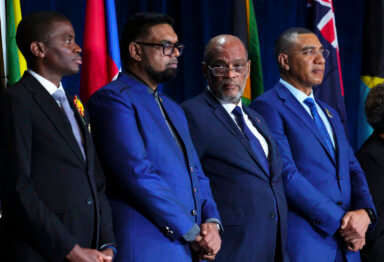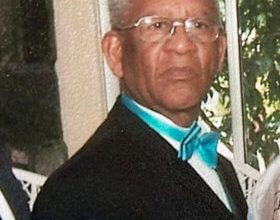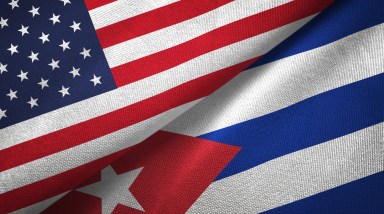FOCUS ON HAITI CRISIS

After years of taking years of flak for not being as engaged with member state Haiti as they should, Caribbean leaders this week said they will maintain the current level of focus on the country and plan to invite the African Union to help them find solutions to the current crisis.
The announcement followed a virtual leaders meeting on Sunday on ways of assisting the 15-nation bloc’s most populous but poorest member state. Haiti, the last to join CARICOM back in 2002, has been beset by gangland violence and turf wars in recent months, severely affecting economic life and seriously crippling daily governmental affairs. Nearly 100 police officers have been shot and killed by heavily armed gangs. Others have abandoned work, fearing for their lives.
The situation in Haiti had dominated last month’s biannual meeting in The Bahamas as the host nation and associate member, The Turks and Caicos Islands had complained about the economic and social strain of accommodating thousands of Haitian boat people seeking better lives in neighboring states. The Bahamas said last month that it had turned away and deported more than 5,000 Haitians and Cubans last year alone. In the past week, 200 Haitians were airlifted from The Bahamas, officials reported.
About their meeting over the weekend, the leaders said they had reviewed the report of a regional mission, which went to Haiti last week for engagements with stakeholder groups. Jamaican Prime Minister Andrew Holness had led that delegation. The leaders noted in a statement late Monday that “the mission met with a broad range of Haitian stakeholders to hear their views on the way forward to a Haitian-led solution and demonstrate Caricom solidarity with Haiti. The Leaders agreed that there must be a follow-up meeting with the stakeholders to chart a path to consensus building in order to bring peace and stability to the country.”
But more importantly the leaders mentioned the need for a multi-dimensional approach to solving the crisis, mentioning plans to capitalize on growing relations with Africa as a possible solution. “They also agreed to work with the governments of Canada and the United States as well as the United Nations Development Program on the ongoing issues and, at the upcoming spring meetings of the International Monetary Fund and the World Bank, to approach both International financial institutions to ascertain what further assistance they could provide to Haiti.”
A plan to help Haitian police with training and other needs was also discussed.
At last month’s summit, Canadian Prime Minister, Justin Trudeau was a special guest. Saying that the large Haitian diaspora in Canada had been egging the cabinet to help, Trudeau announced plans to provide armored equipment to police, deploy a military vessel off the coast and a grant of $10 million to help to Haitian women and children who are struggling along the border with The Dominican Republic. An air force plane has also been providing electronic assistance to police in relation to gangland activities.
Meanwhile, the efforts of the PM Holness-led delegation to determine what is exactly taking place on the ground has come under some political fire from former senator and President of the High Transitional Council, Mirlande Hyppolite Manigat. She said the delegation was well aware of the situation even before coming, the Haitian Times reported. “They didn’t promise anything concretely that they’re going to give anything. At the council level we have insisted a lot on the issue of security. This is what is our main concern. They took note of it and we gave them details even if they already knew it.”




